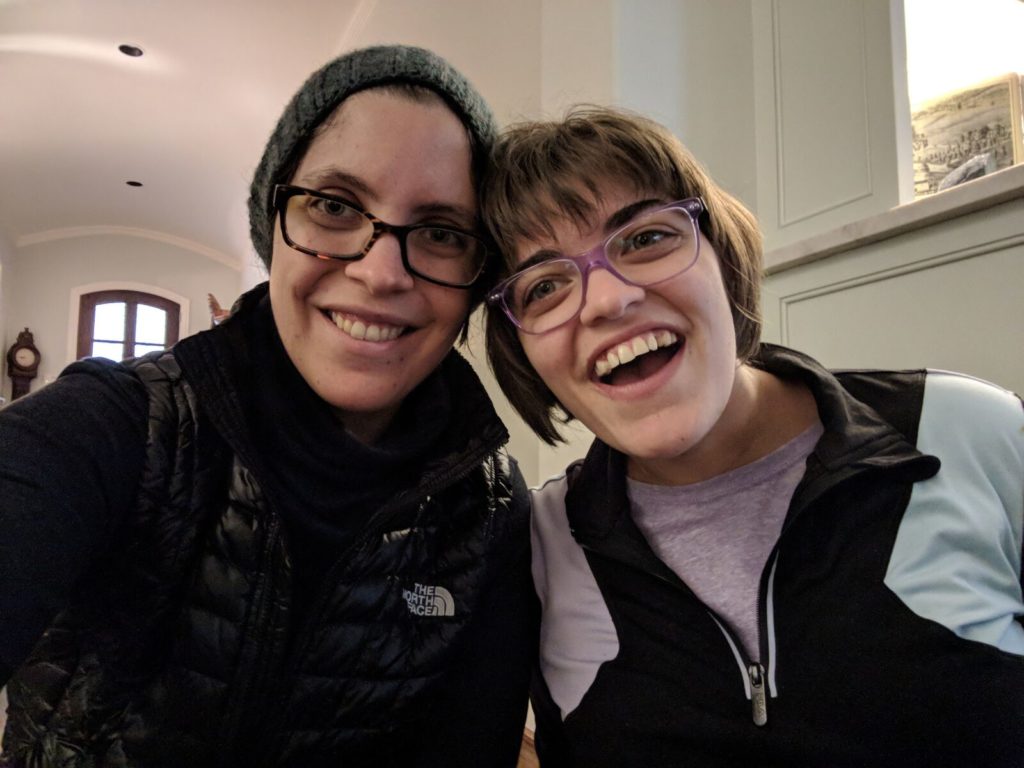The Arc Responds to Appointment of Judge Kavanaugh to the US Supreme Court
Today, The Arc responded to Judge Brett Kavanaugh’s appointment to the United States Supreme Court. In August, The Arc came out in opposition to Judge Kavanaugh’s appointment to the highest court based on his decisions on cases involving self-determination of individuals with intellectual and developmental disabilities (I/DD), education, employment, and his stances on the Affordable Care Act and school choice.
The Arc has not publicly opposed a nominee to the Supreme Court in 30 years, since 1987 when Judge Robert Bork was nominated by President Ronald Reagan. When Judge Gorsuch was nominated to the highest court, The Arc did a thorough analysis of his record and decided to not oppose his appointment. The Arc solely takes positions based on the core values, mission statement, position statements, and public policy agenda for the organization.
“The Arc is disappointed in the Senate’s confirmation of Judge Kavanaugh, this is a devastating blow to disability and civil rights in our country. After a thorough analysis of Judge Kavanaugh’s record we chose to oppose his appointment and activate our grassroots network. Our organization was founded to promote and protect the human rights of people with intellectual and developmental disabilities. We couldn’t sit by idly knowing that Judge Kavanaugh has demonstrated a disregard for the impact of his judicial philosophy on the lives of people with disabilities and their families time and time again.
“Particularly concerning is his opinion in Doe. V. Tarlow, a case where women with intellectual disability who resided in the District of Columbia’s Forest Haven institution brought a class action lawsuit against the District for violating their due process rights. The District, through its developmental disabilities agency, consented to subject them to non-emergency surgical procedures, including abortions and eye surgeries, without even talking to them and their family members. Judge Kavanaugh’s ruling is disturbing in his apparent lack of appreciation for the humanity of individuals with intellectual disability, their basic human rights, and their ability and right to participate in important life decisions even when found legally unable to make decisions by themselves.
“We believe Judge Kavanaugh’s appointment poses a threat to the civil rights of millions of individuals with intellectual and developmental disabilities and their families. It is shocking that so many Senators ignored the gaps in Judge Kavanaugh’s knowledge and understanding of the value and perspectives of people with intellectual disability. Even more disheartening is those Senators who ignored the pleas of their constituents with disabilities who called on them to oppose Judge Kavanaugh’s appointment. We appreciate those who stood up for their constituents, their support did not go unnoticed. We remain united with our colleagues across the disability and civil rights communities and will continue our advocacy to support the values we hold dear as an organization,” said Peter Berns, CEO of The Arc.











